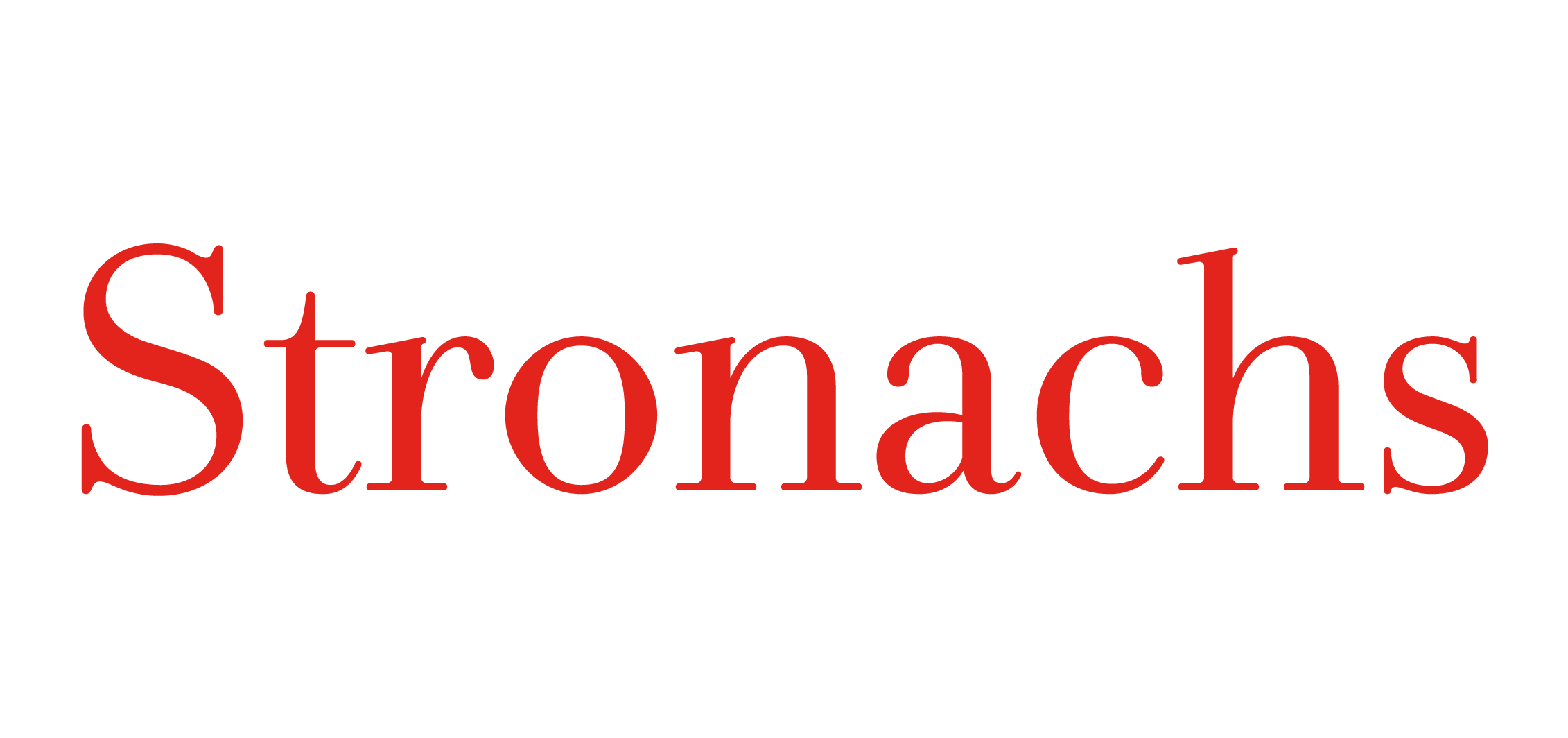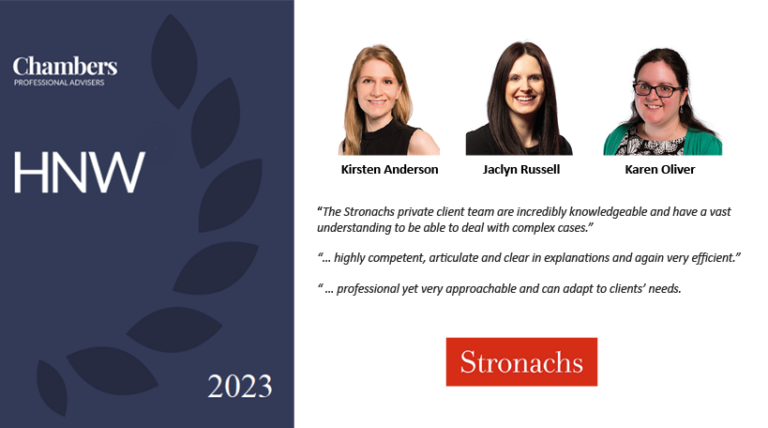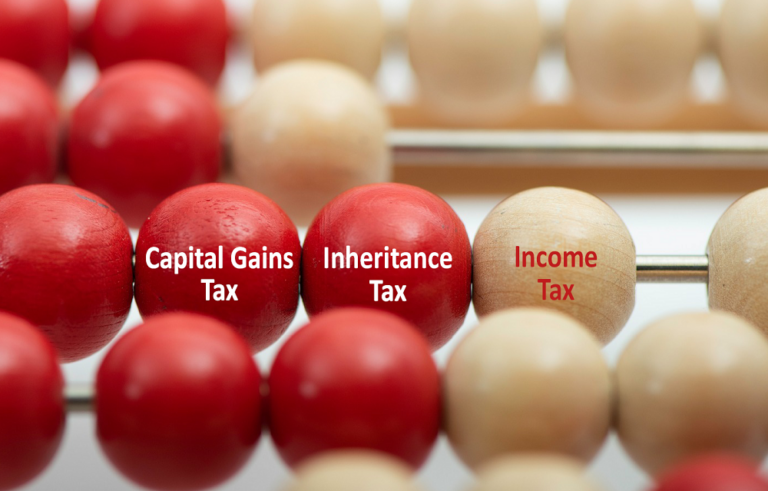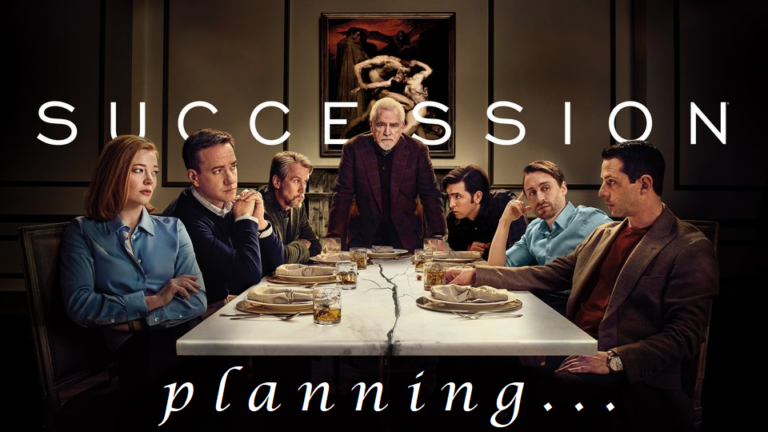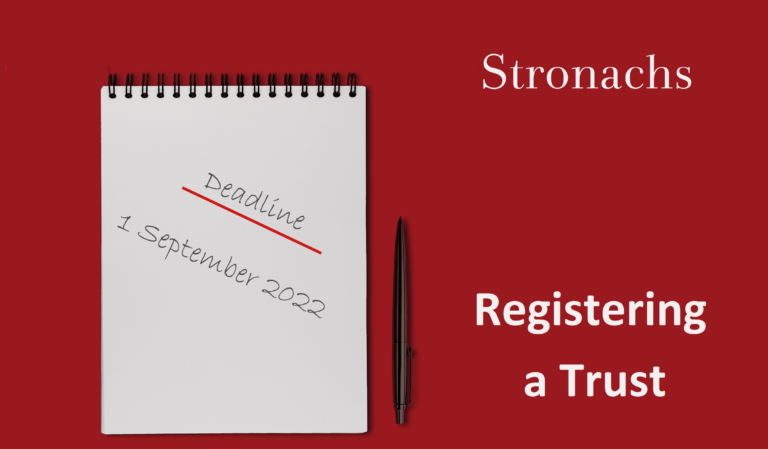Trusts
Trusts are used for a variety of purposes. In tax and succession planning, a trust can be used to pass assets to a beneficiary while retaining a degree of flexibility or control over those assets.
Trusts can also be used to protect beneficiaries who are vulnerable, due to their age or a disability, or to protect assets from the risks of divorce or bankruptcy claims.
Stronachs’ private client team has significant expertise in the creation of trusts, advising on which type is best suited to your circumstances, supporting its creation and the legal transfer of assets, as well as dealing with all issues of tax compliance with HMRC.
Transferring assets has consequences – tax will arise during the life of the trust, and also on the winding up of the trust. Trustees must also prepare accounts detailing funds received and funds paid out, and submit tax returns. Our team can prepare those accounts and tax returns for you, or provide your existing tax and accountancy advisers with the information they require if they wish to do so.
We work with investment managers on investing assets to meet the trust’s needs, and manage payments to beneficiaries, for example to pay education fees for a grandchild. At the end of a trust we will advise upon transferring assets out of the trust to the intended beneficiaries.
Some trust assets may require the input of our colleagues in other departments, for example, we would ask our corporate team for assistance if the trust holds shares in a family company.
GET STARTED ONLINE

Key Contacts
To make an enquiry, please contact a member of staff below or call 01224 845 845

Jaclyn E.P. Russell

Kirsten Anderson

Karen Oliver
Private Client News & Insights
Chambers and Partners High Net Worth Guide 2023
The 2023 Chambers and Partners High Net Worth guide has been published and we are delighted to announce that the Stronachs STEP accredited Private Client team continue to be recognised and ranked as Band 2 within the guide.
The Winds of Change are Cold
The General Economy
Following Jeremy Hunt’s first budget back in October the changes, or lack thereof, of previous Chancellors will really begin to bite for taxpayers in 2023. The UK, and global, economy is still recovering from the major impacts of a global pandemic and the ongoing war in Ukraine. Although we may manage to stave off a technical recession it is likely the UK economy will contract for at least one quarter. Inflation, the measure which tracks the general price of goods and services over time, remains one of the highest in Europe, threatening to push more people into poverty and erode wealth for those with significant assets.
Succession
Nominated for 25 Emmy Awards this year, the HBO series ‘Succession’ has captivated audiences and may well have prompted clients to contemplate how best to plan for succession to their estates.
Drafting a Will for lead character, Logan Roy, would require a bespoke approach, to take account of his vast wealth across multiple countries. Here we consider an appropriate Will structure, together with some other key points to explore when creating a fitting testamentary writing for Logan.
Calling all Trustees – Three Week Deadline
What is The Trust Registration Service?
The Trust Registration Service is an online service which assists Trustees to adhere to their registration obligations under the Money Laundering, Terrorist Financing and Transfer of Funds (Information on the Payer) Regulations 2017.
New regulations came into force in October 2020. The new regulations mean that there is an increase in the number of trusts that fall into the ‘need to be registered’ category.
